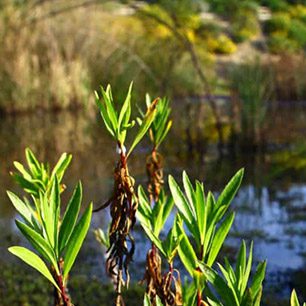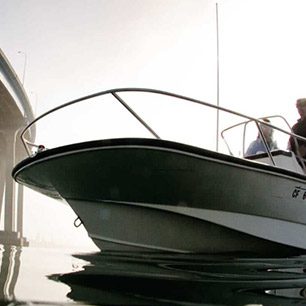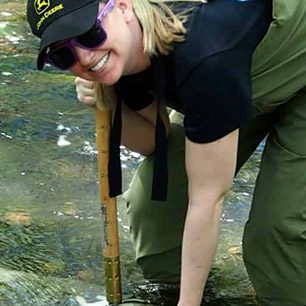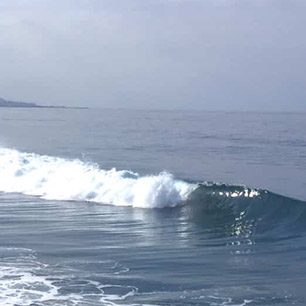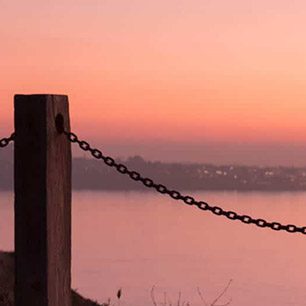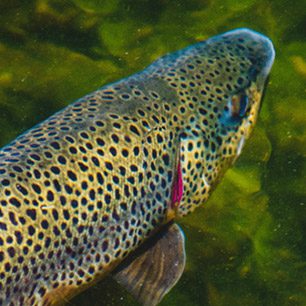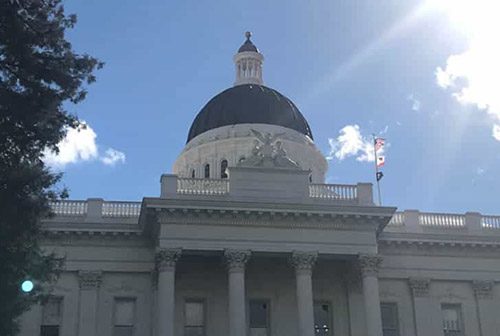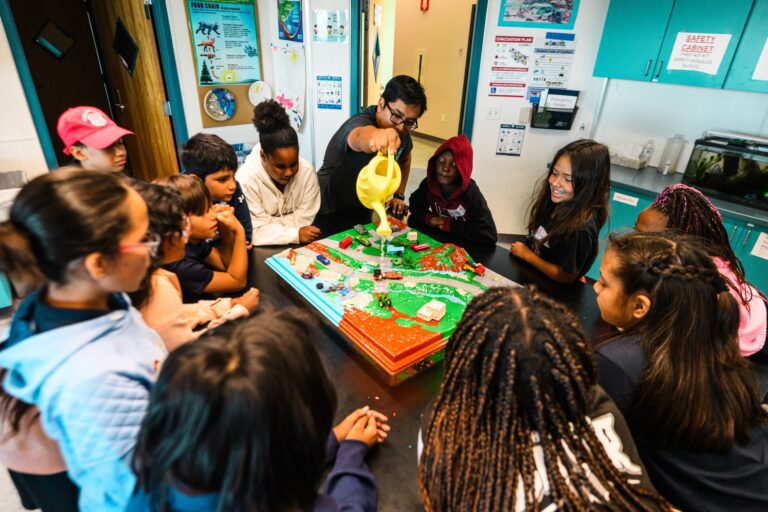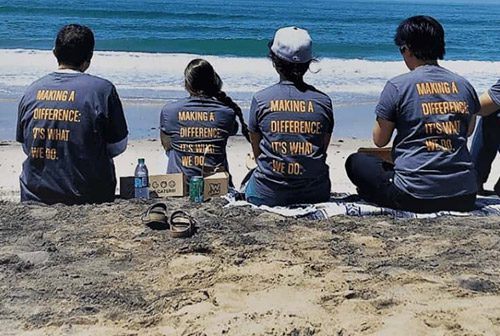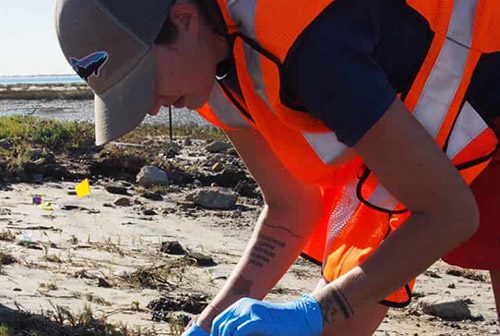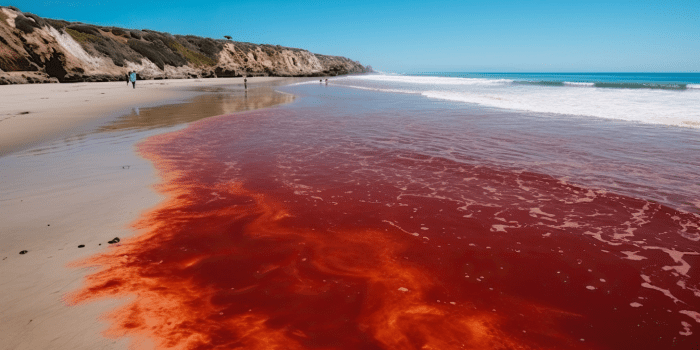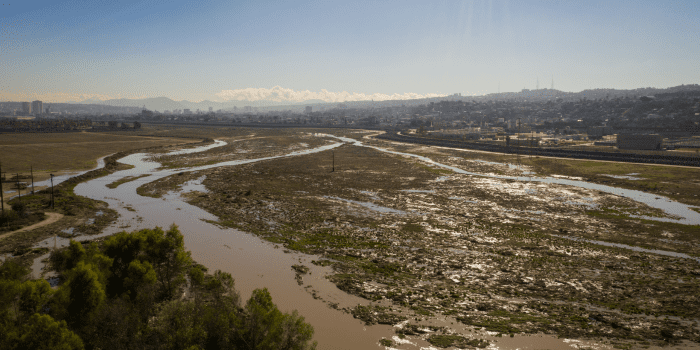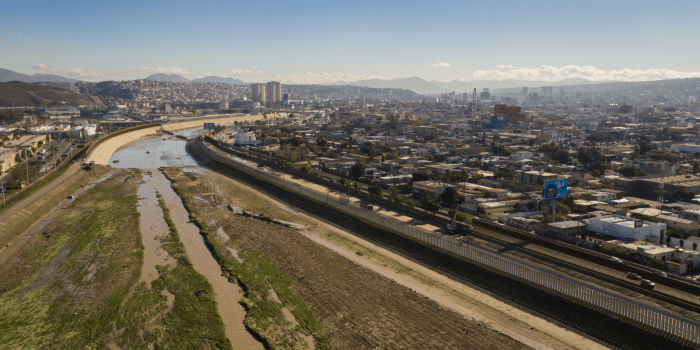On Wednesday February 6, I had a chance to speak at the Reuben H. Fleet Science Center in a lecture series on the anniversary of Rachel Carson’s landmark book Silent Spring. I had my first experience with Carson’s book in an Environmental Ethics course in college. Carson described Silent Spring as a cautionary fable which talks about what will happen if we don’t think about how we are impacting our environment. This book, with its new ideas and revolutionary environmental message, went a long way in launching the environmental movement and regulating the chemicals industry.
Take DDT for example. Back in the 50s, DDT was developed to protect children from disease-carrying insects like mosquitoes. It was so “safe” that people were literally stood in front of it and were physically fumigated, while children’s wallpaper was laced with Daffy Duck-n-DDT. However, it was learned that DDT is a bio-accumulating organism that could work its way up the food chain—posing significant risks to other species besides insects, like birds and eagles.
Although it was banned in 1972, over 1.2 billion pounds of DDT had made its way into our waterways— killing unintended victims of our ecosystem like the water flea. Even once it was replaced with Diazinon, when we use these pesticides on our plants, we encounter the problem of urban drool.
Urban drool occurs when chemicals run off our plants, streets and sidewalks, and into our storm drains. Since our storm drains go directly into our waterways without any processing, chemicals like Diazinon (and other “ safe and organic” alternatives from chrysanthemums) act as poisonous toxins to aquatic organisms.
So how can we stop urban drool from contaminating our waterways?
- Only use what you need.
- Adjust your timing and water distribution on your sprinkler system.
- Sweep up grass clippings, don’t throw them down the storm drains.
- When you wash your car, wash it on your lawn or take it to a professional car wash that will capture the water that runs off your car and send it to the storm sewer.
- If you can’t teach your dog to pick up after itself, pick up after it yourself!
- Support local businesses and buy organic plants!
- Don’t fertizile your lawn before it rains, so it can fully soak in before any runoff might occur.
- Soak up any oil spots on your driveway or street with cat litter.
